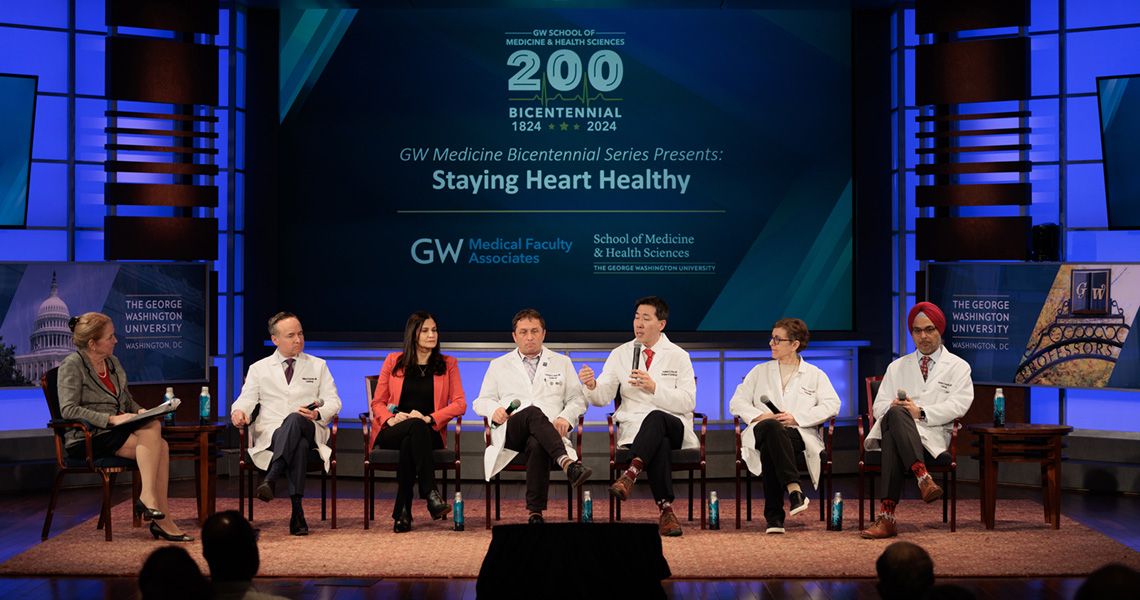The George Washington University (GW) School of Medicine and Health Sciences (SMHS) launched its Bicentennial Celebration earlier this year, marking a significant milestone in the school’s rich legacy, but also reaffirming its commitment to advancing medical education, research, and patient care for the next century and beyond.
As the first medical school in the nation’s capital and the 11th oldest in the United States, GW has been a pioneer in medical education, nurturing generations of healthcare professionals for two centuries.
To honor the occasion, GW SMHS is hosting a Bicentennial Lecture Series, showcasing the clinical programs, research endeavors, and innovative medical education initiatives of the university’s academic medical enterprise. The series encompasses a diverse range of topics, from community outreach and patient-focused discussions to cutting-edge scientific research collaborations with national partners.
“We’re really celebrating this year with a series of symposia,” said Barbara L. Bass, MD, RESD ’86, professor of surgery, Walter A. Bloedorn Chair of Administrative Medicine, vice president for health affairs, dean of GW SMHS, and CEO of the GW Medical Faculty Associates (GW MFA).
The series, she explained, is focused on our community and our patient cohorts, highlighting the schools researchers, as well as the school’s clinicians who translate that discovery science into the care we provide here to our community.
The lecture series kicked off with the “Staying Heart Healthy” event, shedding light on modern approaches to cardiovascular health. Later in the semester, the series explored brain health and “Maintaining a Healthy Brain,” addressing what happens to our brain as we age; things we can do to optimize brain health; clinical options for patients experiencing serious neurologic diseases and conditions such as Alzheimer’s disease, epilepsy, dementia, and stroke; and the critical connection between research and patient care.
In both the heart and brain events, panelists agreed that adhering to the American Heart Association’s “Life’s Simple Seven,” offered the best tips to reduce one’s risk for developing long-term health problems — don’t smoke, eat right, exercise, lose weight, and control your blood pressure, cholesterol, and blood sugar.
Know your numbers— body mass index, blood pressure, cholesterol, and blood sugar levels, said, William Borden, MD, interim chair of the Department of Medicine, a panelist from the “Staying Heart Healthy” event, is the key. “Once you have those components … you can really take steps to reduce your risk …,” he said.
In May, Skin Cancer Prevention Month, the lecture series will tackle “Keeping Your Skin Healthy and Safe.” Adam Friedman, MD, chair of the Department of Dermatology, will discuss myths vs facts about the body’s largest organ, our skin, as well as sun safety and sensitive skin.




